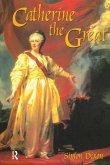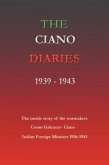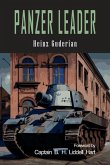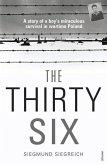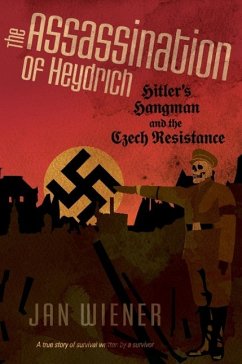The awesome figure of Otto von Bismarck, the 'Iron Chancellor', dominated Europe in the late 19th century. His legendary political genius and ruthless will engineered Prussia's stunning defeat of the Austrian Empire and, in 1871, led to his most dazzling achievement - the defeat of France and the unification of Germany. In this highly acclaimed biography, first published in 1981, Edward Crankshaw provides a perceptive look at the career of the First Reich's mighty founder - at his brilliant abilities and severe limitations and at the people who granted him the power to transform the shape and destiny of Europe.
Bitte wählen Sie Ihr Anliegen aus.
Rechnungen
Retourenschein anfordern
Bestellstatus
Storno


